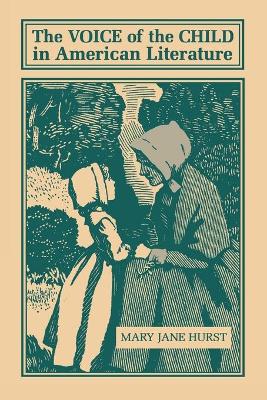We as adults are reflected in our children, those in our literature as well as those in our familes, and so it is natural to want to examine their presence among us. Children and child speech are important literary elements which merit careful critical analysis. Surprisingly, comprehensive studies of the child in American fiction have not been previously attempted and fictional child speech, even that of individual characters has been almost totally ignored. Nevertheless, the language of fictional children warrants attention for several reasons. First, language and language acquisition are primary issues for children much as sexual development is primary issues for adolescents. Second, because vast linguistic efforts have been directed toward language acquisition research, a broad base of concrete information exists with which to explore the topic. And, third, language is a key which opens many doors. An understanding of fictional children's language leads to discoveries about various critical questions, sociological and psychological as well as textual and stylistic. This study examines the presentation of children and child language in American fiction by applying general linguistic principles as well as specific findings from child language acquisition research to children's speech in literary texts. It clarifies, sorts, and assesses the representations of child speech in American fiction. It tests on fictional discourse linguistic concepts heretofore applied exclusively to naturally occurring child language. The aim is not to evaluate the degree of realism in writers' presentations of child language, for that would be a simplistic and reductive enterprise. Rather, the overall object is to analyze fictional child language using linguistic methods.
- ISBN10 0813153158
- ISBN13 9780813153155
- Publish Date 15 July 2014 (first published 1 November 1990)
- Publish Status Active
- Publish Country US
- Imprint The University Press of Kentucky
- Format Paperback
- Pages 200
- Language English
